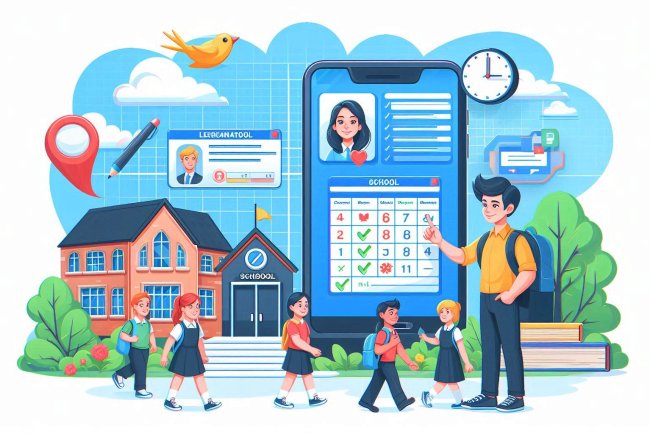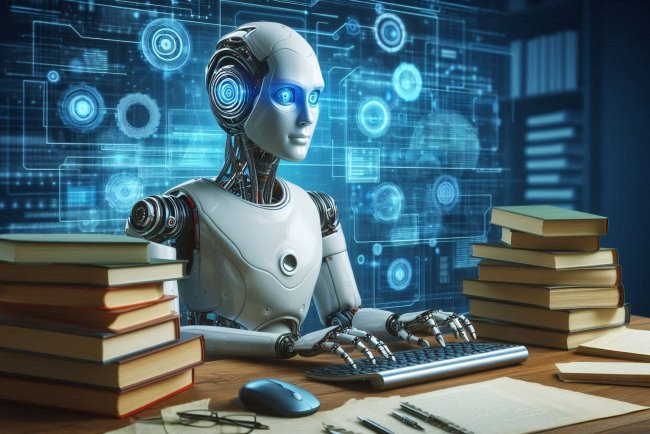AI accountability: Responsibility and liability in AI development
Exploring the ethical implications of AI development, including responsibility and liability considerations in the ever-evolving landscape of artificial intelligence.

AI Accountability: Responsibility and Liability in AI Development
Artificial Intelligence (AI) has the potential to revolutionize industries and improve the quality of life for many people. However, with this great power comes great responsibility. As AI becomes more integrated into our daily lives, questions about accountability, responsibility, and liability in AI development have become increasingly important.
Responsibility in AI Development
Developing AI systems requires a multidisciplinary approach that involves engineers, data scientists, ethicists, and policymakers. It is important for all stakeholders to take responsibility for the development and deployment of AI systems. This includes ensuring that AI systems are developed ethically, transparently, and with the well-being of society in mind.
One key aspect of responsibility in AI development is ensuring that AI systems are fair and unbiased. This means that developers must be aware of and address any biases in the data used to train AI systems. It also means that developers must consider the potential impact of their AI systems on different groups of people and take steps to mitigate any negative consequences.
Liability in AI Development
As AI systems become more autonomous and make decisions that can have significant real-world consequences, questions about liability become more complex. Who is responsible if an AI system makes a mistake or causes harm?
Currently, liability for AI systems is determined on a case-by-case basis and can depend on factors such as the level of autonomy of the AI system, the intended use of the AI system, and the specific circumstances of the incident. In some cases, the developers of the AI system may be held liable if it can be shown that they were negligent in the development or deployment of the system. In other cases, the users of the AI system may be held liable if they did not take appropriate precautions or ignored warnings about the limitations of the system.
Accountability in AI Development
Accountability in AI development refers to the process of holding individuals and organizations responsible for the decisions and actions of AI systems. This includes ensuring that there are mechanisms in place to monitor and evaluate the performance of AI systems, as well as processes for addressing any issues that arise.
One way to promote accountability in AI development is through the use of algorithms that are transparent and explainable. This means that developers should be able to explain how their AI systems make decisions and provide justification for those decisions. This can help to increase trust in AI systems and make it easier to identify and address any biases or errors that may arise.
Conclusion
As AI technology continues to advance, the need for accountability, responsibility, and liability in AI development will only become more important. It is crucial for all stakeholders involved in the development and deployment of AI systems to take these issues seriously and work together to ensure that AI is developed in a way that is ethical, transparent, and beneficial to society.
By promoting responsibility, liability, and accountability in AI development, we can help to ensure that AI systems are developed and used in a way that benefits everyone and minimizes the potential risks and negative consequences associated with AI technology.
What's Your Reaction?

















